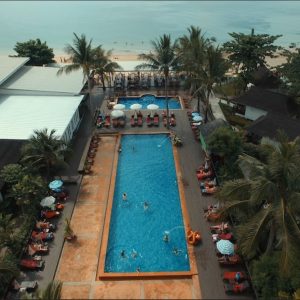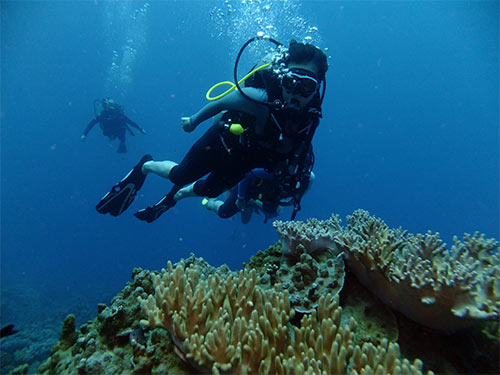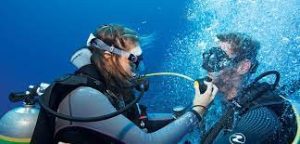Breathe Easy: How to Extend Scuba Air Supply
Scuba diving is a fascinating adventure that allows you to explore the wonders of the underwater world. However, one of the common concerns for divers is how to make their air last longer while submerged. Whether you’re a novice or an experienced diver, improving your air efficiency is essential for a safer and more enjoyable experience. In this article, we’ll explore various strategies and tips to help you extend your dive time and get the most out of your underwater exploration.
Understanding the Basics
Before we delve into techniques for prolonging your air supply, it’s essential to have a clear understanding of the factors that affect air consumption while scuba diving.
Breathing Rate
Your breathing rate is a critical factor in how long your air tank will last. If you take slow, deep breaths, you’ll consume less air compared to rapid, shallow breaths. Practice controlled and relaxed breathing to optimize air usage.
Depth and Pressure
The deeper you dive, the more pressure your body and equipment are under, which affects the amount of air you consume. At greater depths, air is compressed more, leading to faster air consumption. Being mindful of your depth is crucial.
Buoyancy Control
Maintaining proper buoyancy helps reduce unnecessary effort and movement, which can lead to increased air consumption. Practice good buoyancy control to stay streamlined and conserve air.
Now, let’s explore various strategies to make your air last longer when scuba diving.
Choose the Right Equipment
Your choice of scuba gear can significantly impact your air consumption. Here are some considerations:
Regulator Quality
Invest in a high-quality regulator, as it plays a vital role in delivering air efficiently. A well-maintained, reliable regulator will help you breathe more comfortably and reduce air wastage.
Dive Computer
A dive computer not only helps you monitor your depth and dive time but also calculates your remaining no-decompression time, allowing you to plan your dive and air consumption more effectively.
Buoyancy Compensator (BCD)
A properly fitted BCD aids in maintaining buoyancy and control underwater, reducing unnecessary movements and conserving air.
Improve Your Diving Technique
Your diving technique can greatly impact your air consumption. Here are some tips to enhance your skills:
Relax and Stay Calm
Stress and anxiety can lead to rapid, shallow breathing. Practicing relaxation techniques can help you maintain a calm and steady breath rate, conserving air.
Streamline Your Equipment
Ensure that hoses, gauges, and accessories are well-secured and streamlined to minimize water resistance, which can increase air consumption.
Use Fins Efficiently
Proper fin usage helps you move through the water with minimal effort. Mastering fin techniques can make a substantial difference in air conservation.
Monitor Your Air Supply
Keeping a close eye on your air gauge is crucial.
Here’s how to do it effectively:
Check Your Air Regularly
Make it a habit to check your air supply at regular intervals. Knowing how much air you have left allows you to plan your ascent and avoid running out of air.
Establish a ‘Buddy System’
Diving with a buddy adds an extra layer of safety. Regular communication with your buddy regarding air supply ensures that you both stay informed and can react to any potential issues.
Plan Your Dives Wisely
Proper dive planning can significantly impact your air consumption:
Dive within Your Limits
Avoid pushing your limits, especially as a beginner. Diving within your comfort zone allows for better air management and reduces the risk of overexertion.
Calculate Air Consumption
Keep a dive log to track your air consumption during various dives. This data will help you estimate how much air you need for different dive profiles.
Conclusion
Making your air last longer when scuba diving is a skill that comes with practice and experience. By understanding the factors that affect air consumption, choosing the right equipment, improving your diving technique, monitoring your air supply, and planning your dives wisely, you can extend your dive time and enjoy the underwater world to the fullest. Remember, safety should always be your top priority, so never compromise it in the pursuit of longer dive times. Happy and safe diving!










